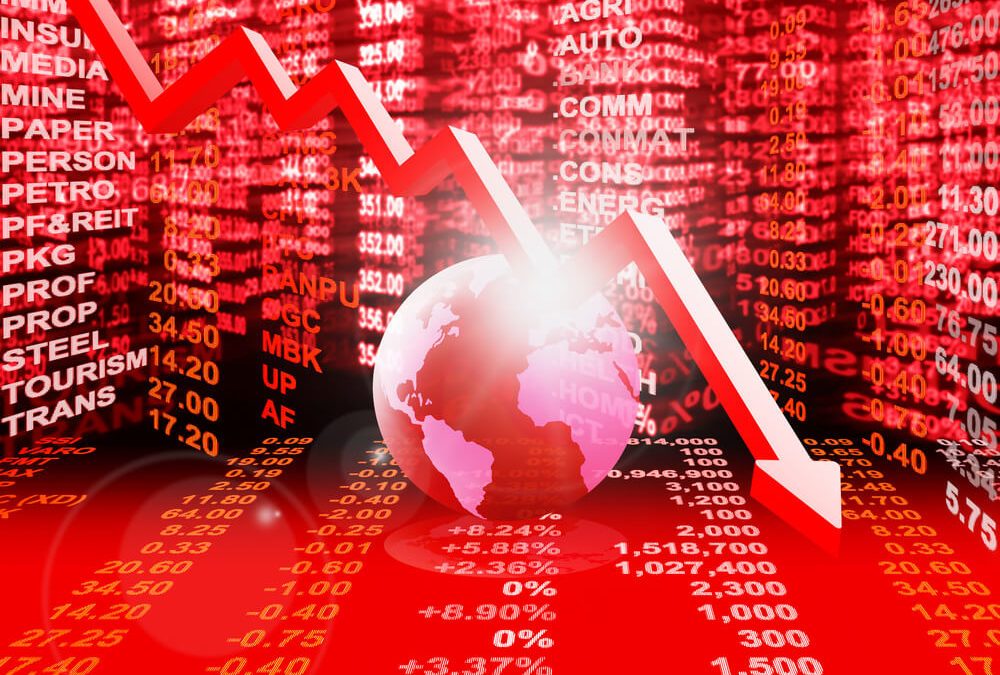Tech stocks have been tanking of late after a long stretch of carrying the stock market, and investors are on edge regarding further weaknesses as tech stocks could be in for a long rough patch.
Names like Facebook, Amazon, Apple, Netflix and Google (FAANG) have dominated headlines and profits, but now they’re dragging the market down.
Since the start of September, the tech sector has fallen more than 11 percent, double the benchmark S&P 500’s slide, which also has had struggles of its own, particularly in October.
And traders are bracing for even more turmoil.
Per a recent article by Business Insider, the spread between the Cboe Nasdaq Volatility Index (VXN), which tracks the tech-heavy Nasdaq and its S&P 500 counterpart, known as the VIX, is at its widest margin since 2004.
What that means is that traders are the most scared in 14 years of further turbulence in the tech sector, relative to price swings in the broader market.
Since choppier trading means a higher likelihood of deep losses, and because volatility gauges move inversely to their underlying indexes roughly 80% of the time, it’s a very negative signal for markets to be this rattled.
And if that’s not enough to convince you, the last time this volatility spread was this high was during the period just before the 2008 financial crisis.
A recent Bank of America survey of 225 fund managers with $641 billion in assets under management showed that investors were actually already starting to back away from tech stocks. Just 18% of them were overweight the sector, which is the lowest level since February 2009.
But BAML’s data shows danger still looming under the surface. The firm finds that the most crowded trade for fund managers is owning the mega-cap consortium known as FAANG (Facebook, Amazon, Apple, Netflix, and Google) and BAT (Baidu, Alibaba, and Tencent).
When a trade is crowded like that, it can cause sharp drawdowns in shares on occasions when traders simultaneously stampede to the exits. It’s a force that feeds upon itself. The further invested people get, the more it hurts when things go awry. It’s possible that investors see the writing on the wall and are positioning accordingly.
Timidity surrounding tech stocks also is pushing to the highest ranks of the equity strategy world.
Alicia Levine — the chief market strategist at BNY Mellon Investment Management, where she oversees $2 trillion — recently told Business Insider that large-cap tech stocks had become a trap as investors seek to replicate their prior success.
Meanwhile, Daniel Needham — the chief investment officer of the $207 billion Morningstar Investment Management — says investors are simply reaping the ill effects of overpaying for the biggest tech stocks.
So is a deep reckoning coming for tech stocks, shaking the entire market to its core? Only time will tell.




